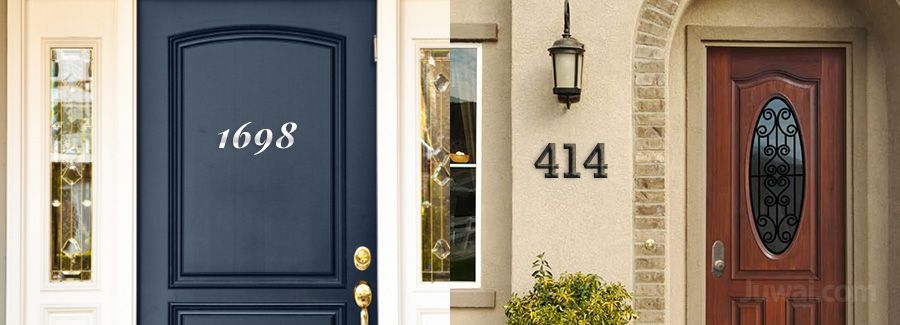Why do Chinese avoid the number 4 but love the number 8?
Chinese buyers have a propensity for certain numbers, especially the lucky numbers 6, 8, and 9. We sum up why these numbers are lucky in Chinese culture:
6 (å…; liù): Sounds similar to the Chinese word for ‘flow’ in Mandarin, thus 6 indicates ‘everything will run smoothly’
8 (å…«; bÄ): The luckiest number for Chinese, 8 sounds like "to prosper" in Mandarin, hence it signifies prosperity and wealth in Chinese belief
9 (ä¹; jiÇ”): Denotes 'longevity', as it sounds similar to the Chinese word for ‘longlasting’ and ‘permanence’. Historically, 9 is also traditionally associated with the Chinese emperor, who had 9 dragons on his imperial robes.



